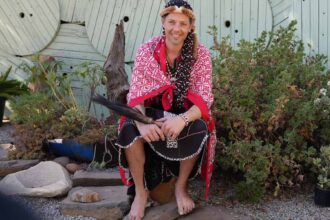In the second quarter of 2024, TikTok took action to remove a staggering 11,887,516 violative videos from nine African countries, including Egypt, Nigeria, South Africa, Algeria, Somalia, Libya, Ethiopia, Sudan, and Morocco. The primary objective behind this move was to prioritize user safety by enforcing strict content moderation policies, particularly focusing on videos that violated community standards related to integrity, advertising, privacy, and security.
A significant development noted by the platform was the utilization of automated technology to remove 80% of the violative videos during this quarter, a marked improvement from the 62% removal rate recorded a year earlier. Moreover, proactive detection mechanisms achieved an impressive rate of 98.2%, highlighting TikTok’s commitment to preemptively identify and eliminate harmful content. Additionally, the platform reported a notable reduction in the percentage of videos restored after removal, showcasing enhanced efficiency in content moderation efforts.
Among the countries affected, Egypt witnessed the highest number of videos removed, totaling 2,754,574, followed by Nigeria with 2,137,687 videos, and Algeria with 1,837,202 videos removed. In South Africa, 614,406 videos were taken down, with a significant crackdown on accounts that violated platform rules. Notably, 143,998 accounts were banned in South Africa, primarily due to violations, while 137,663 accounts were removed for suspected underage users below 13 years old.
TikTok’s recent endeavors to bolster user privacy and safety include the implementation of enhanced privacy controls in compliance with global regulations aimed at safeguarding children’s online privacy. The platform’s proactive measures align with its previous legal entanglements, such as the $92 million settlement in 2021 to resolve a class-action lawsuit accusing TikTok of unlawfully collecting data from teenage users.
Despite these efforts, TikTok has faced challenges in Africa, prompting regulatory actions in countries like Egypt and Kenya to monitor and address concerns over content safety and potential negative impacts. To counter these challenges, TikTok has initiated collaborations and campaigns to promote online safety and awareness among African youth and parents. Notably, the platform partnered with the African Union Commission’s Women, Gender, and Youth Directorate to launch educational campaigns tailored to local languages and cultures.
In a strategic move to combat hate speech and disinformation, TikTok recently established an African council of internet and information experts to guide its policies in Sub-Saharan Africa. This proactive step underscores TikTok’s commitment to fostering a safe and responsible online environment while addressing regional challenges effectively.






